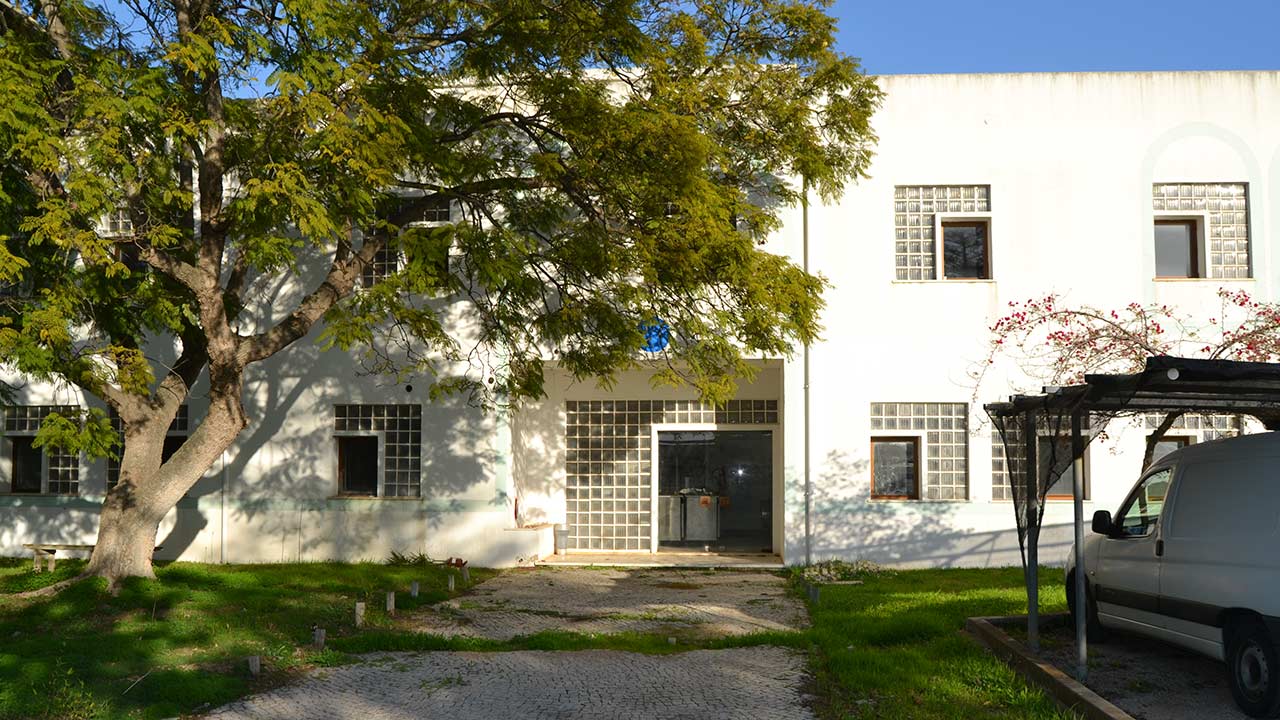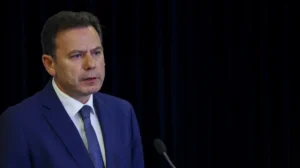Government plans to expand successful Faro emergency housing model
The Portuguese government aims to replicate the success of the Social Emergency Accommodation Centre (CAES) in Faro, Algarve across the country, recognising it as an example to follow for tackling urgent social crises.
During a visit to the facility on Wednesday, Secretary of State for Social Action and Inclusion, Clara Marques Mendes, praised the initiative, managed by the Aids Support Movement (MAPS), as an effective solution for homelessness and social emergencies.
“Work like this has to be replicated. It’s an example and we want to replicate it,” Mendes stated. She acknowledged the previous government’s role in launching two pilot centres, in Faro and Braga, but emphasised the need for improved coordination between municipalities, institutions, and government agencies.
Despite the current government’s caretaker status, Mendes insisted that tackling social emergencies remains a priority.
“We continue to work on what we are able to do, and what we are able to do is deal with unavoidable and emergency situations, and this is one of them,” she said, adding that the Faro CAES is “a good example” to be taken to other towns.
The Faro CAES, operational for over two years, provides shelter for up to 45 people, offering temporary housing for those facing homelessness, eviction, or domestic violence. The facility represents a €700,000 investment, funded by the municipal council of Faro (€180,000) and MAPS (Movimento de Apoio à Problemática da Sida), which covers the rest of the costs.
Much of the furniture and material that equips the building was donated by various companies and hotels, as well as private individuals.
Since it opened around two and a half years ago, 232 people have been accommodated in the CAES for periods of up to six months, depending on how quickly the most problematic cases are resolved.
“These people were fortunate enough to receive this help and to pass through here, but there are many others who unfortunately didn’t,” said the mayor of Faro, Rogério Bacalhau, who accompanied the secretary of state’s visit.
CAES coordinator Fábio Simão also expressed his pride in the centre’s work, stating that the secretary of state’s visit and statements are a sign that CAES’ work is “paying off.”



















